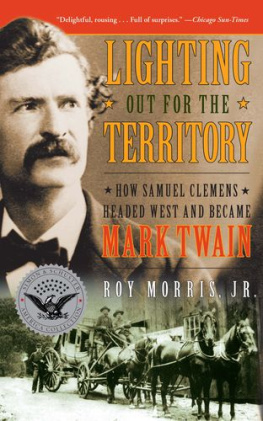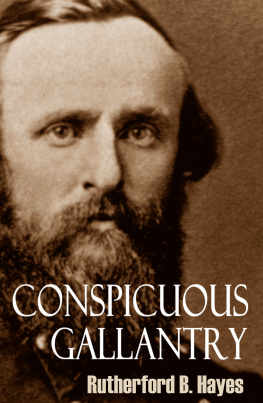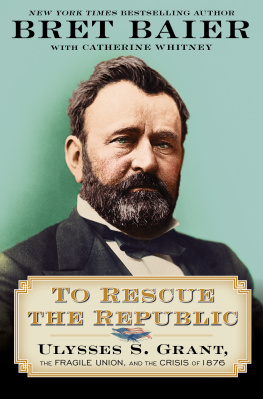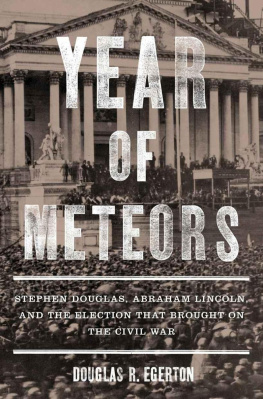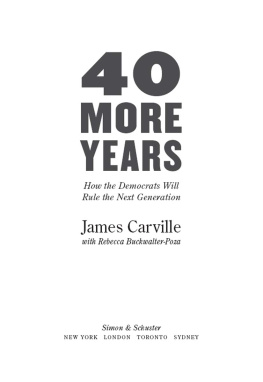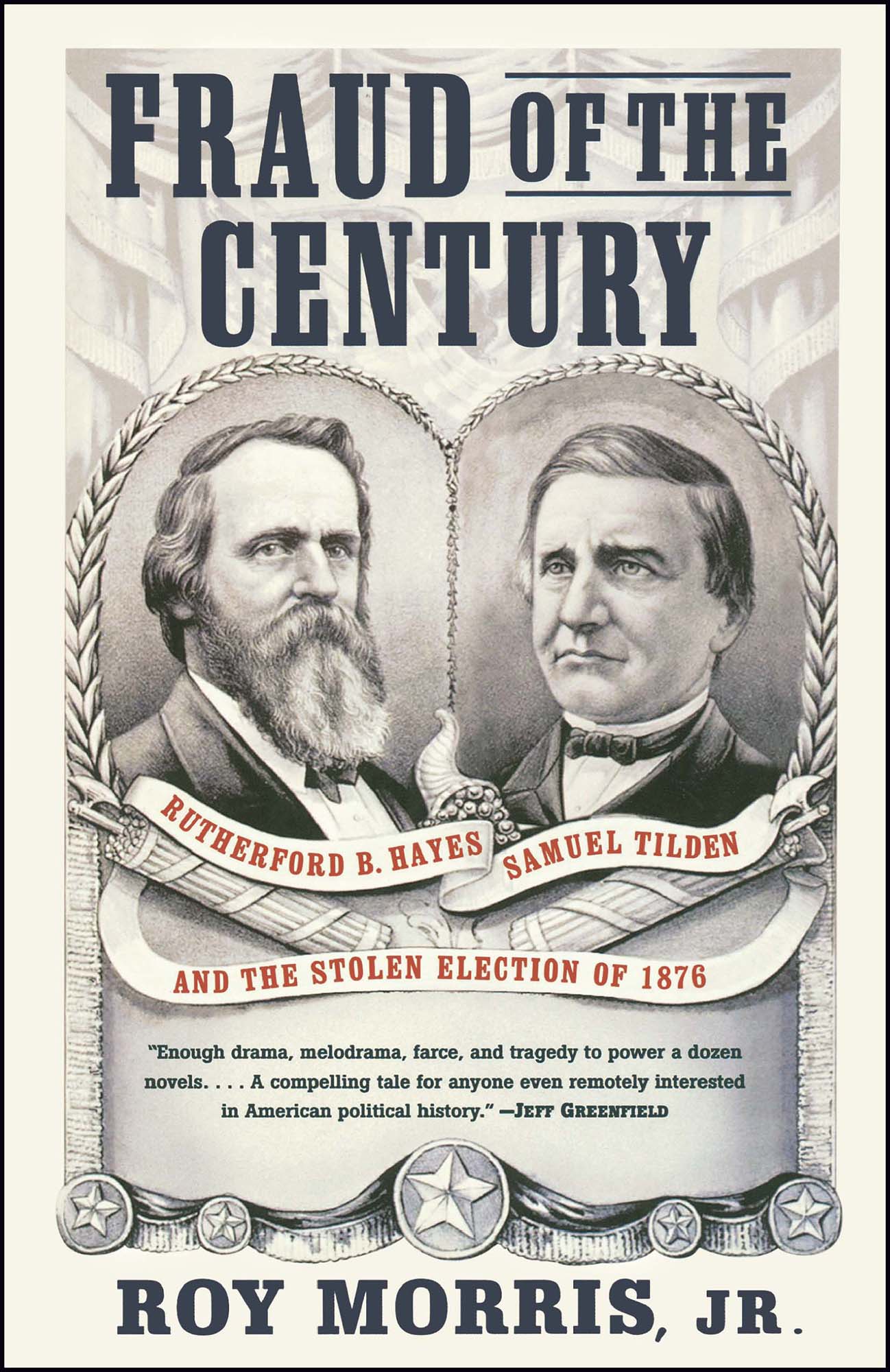Roy Jr. Morris - Fraud of the Century: Rutherford B. Hayes, Samuel Tilden, and the Stolen Election of 1876
Here you can read online Roy Jr. Morris - Fraud of the Century: Rutherford B. Hayes, Samuel Tilden, and the Stolen Election of 1876 full text of the book (entire story) in english for free. Download pdf and epub, get meaning, cover and reviews about this ebook. year: 2007, publisher: Simon & Schuster, genre: Politics. Description of the work, (preface) as well as reviews are available. Best literature library LitArk.com created for fans of good reading and offers a wide selection of genres:
Romance novel
Science fiction
Adventure
Detective
Science
History
Home and family
Prose
Art
Politics
Computer
Non-fiction
Religion
Business
Children
Humor
Choose a favorite category and find really read worthwhile books. Enjoy immersion in the world of imagination, feel the emotions of the characters or learn something new for yourself, make an fascinating discovery.
- Book:Fraud of the Century: Rutherford B. Hayes, Samuel Tilden, and the Stolen Election of 1876
- Author:
- Publisher:Simon & Schuster
- Genre:
- Year:2007
- Rating:4 / 5
- Favourites:Add to favourites
- Your mark:
Fraud of the Century: Rutherford B. Hayes, Samuel Tilden, and the Stolen Election of 1876: summary, description and annotation
We offer to read an annotation, description, summary or preface (depends on what the author of the book "Fraud of the Century: Rutherford B. Hayes, Samuel Tilden, and the Stolen Election of 1876" wrote himself). If you haven't found the necessary information about the book — write in the comments, we will try to find it.
In this major work of popular history and scholarship, acclaimed historian and biographer Roy Morris, Jr., tells the extraordinary story of how, in Americas centennial year, the presidency was stolen, the Civil War was almost reignited, and black Americans were consigned to nearly ninety years of legalized segregation in the South.
The bitter 1876 contest between Ohio Republican governor Rutherford B. Hayes and New York Democratic governor Samuel J. Tilden is the most sensational, ethically sordid, and legally questionable presidential election in American history. The first since Lincolns in 1860 in which the Democrats had a real chance of recapturing the White House, the election was in some ways the last battle of the Civil War, as the two parties fought to preserve or overturn what had been decided by armies just eleven years earlier.
Riding a wave of popular revulsion at the numerous scandals of the Grant administration and a sluggish economy, Tilden received some 260,000 more votes than his opponent. But contested returns in Florida, Louisiana, and South Carolina ultimately led to Hayess being declared the winner by a specially created, Republican-dominated Electoral Commission after four tense months of political intrigue and threats of violence. President Grant took the threats seriously: he ordered armed federal troops into the streets of Washington to keep the peace.
Morris brings to life all the colorful personalities and high drama of this most remarkable -- and largely forgotten -- election. He presents vivid portraits of the bachelor lawyer Tilden, a wealthy New York sophisticate whose passion for clean government propelled him to the very brink of the presidency, and of Hayes, a family man whose midwestern simplicity masked a cunning political mind. We travel to Philadelphia, where the Centennial Exhibition celebrated Americas industrial might and democratic ideals, and to the nations heartland, where Republicans waged a cynical but effective bloody shirt campaign to tar the Demo-crats, once again, as the party of disunion and rebellion.
Morris dramatically recreates the suspenseful events of election night, when both candidates went to bed believing Tilden had won, and a one-legged former Union army general, Devil Dan Sickles, stumped into Republican headquarters and hastily improvised a devious plan to subvert the election in the three disputed southern states. We watch Hayes outmaneuver the curiously passive Tilden and his supporters in the days following the election, and witness the late-night backroom maneuvering of party leaders in the nations capital, where democracy itself was ultimately subverted and the will of the people thwarted.
Fraud of the Century presents compelling evidence that fraud by Republican vote-counters in the three southern states, and especially in Louisiana, robbed Tilden of the presidency. It is at once a masterful example of political reporting and an absorbing read.
Roy Jr. Morris: author's other books
Who wrote Fraud of the Century: Rutherford B. Hayes, Samuel Tilden, and the Stolen Election of 1876? Find out the surname, the name of the author of the book and a list of all author's works by series.

